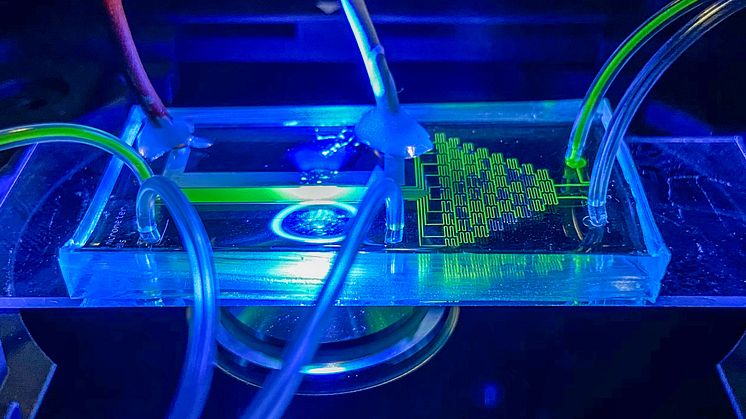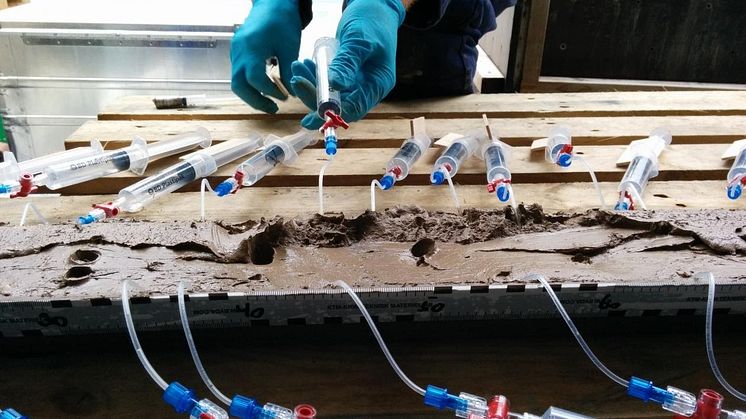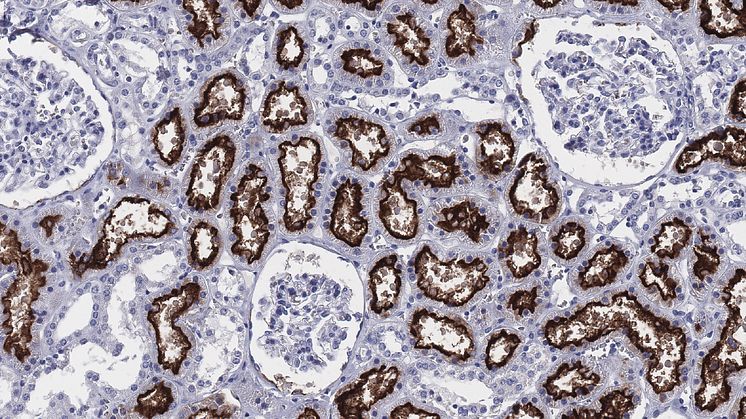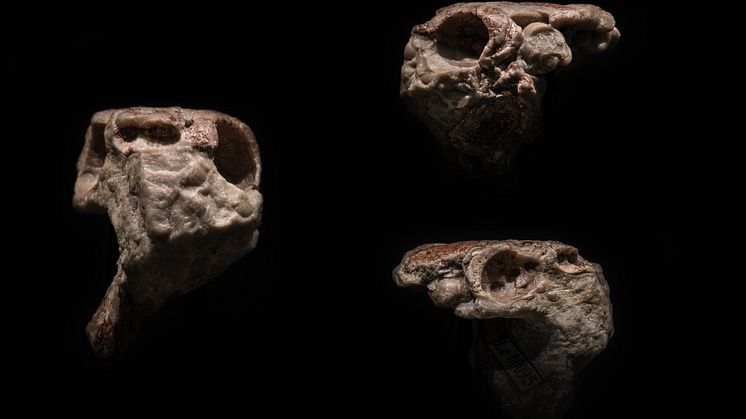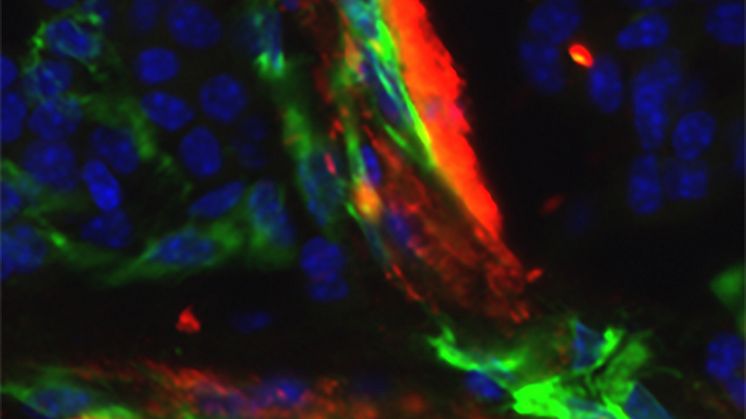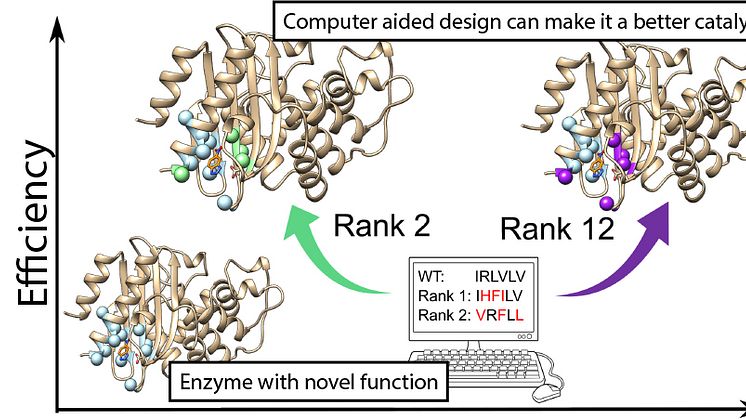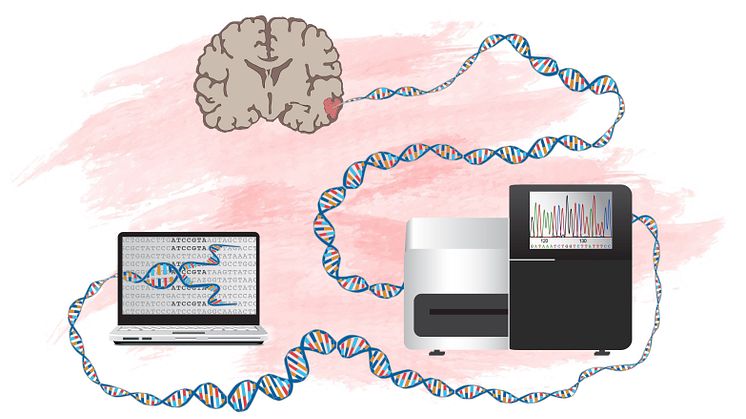New high-speed test shows how antibiotics combine to kill bacteria
Researchers at Uppsala University have developed a new method to determine – rapidly, easily and cheaply – how effective two antibiotics combined can be in stopping bacterial growth. The new method is simple for laboratories to use and can provide greater scope for customising treatment of bacterial infections. The study is published in PLOS Biology.

